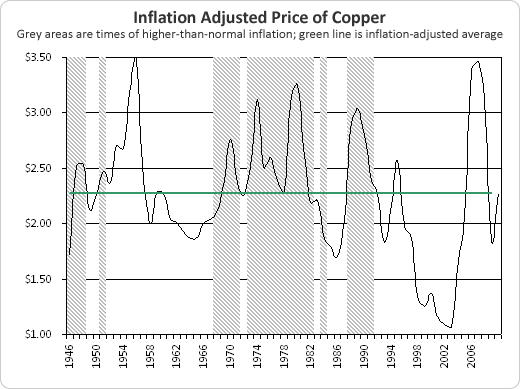Many would beg to differ.
That's because people buy into naive and idealistic notions of Democracy that are ultimately harmful to the people and the nation in general.
That's thanks to large government spending and too much government control of the economy
No, its due to poor allocation of resources due to mob rule. People in a democratic system will always vote for more money, resulting in a high national debt. Fascist regimes have always dealt with national debts well and lived within their means. For the most part anyway.
As for the government control over the economy. I think that a large part of this was due to the fact that western democracies let the banks run amok.
Not really, they still had unemployment and their economies didn't do very well. At best they were mixed.
Everyone at this time period, including Roosevelt and Churchill, recognized that the Italians and Germans had done a tremendous job managing their economies.
There were many others who went after them. Also, I don't see how brutally crushing the opposition is in the best interests of the people. People did resist Nazi Rule in the 1930s
Jewish resistance under Nazi rule - Wikipedia, the free encyclopedia
Jewish_resistance_under_Nazi_rule Jewish_resistance_under_Nazi_rule
Again, this was due to Nazism, not fascism, the two are not interchangeable.
Federalism is Fascism now? You need to define your terms.
Federalism had a lot in common with fascism. It advocated a strong centralize government, massive state intervention in the Economy, and a militaristic spirit.
Outside of Germany and Italy, it was pretty much all Axis done.
This was because of a war that was started by a mad man, not because of fascism.
They didn't have enough of an economic base to take on the Allies
That just shows that Germany hadn't been fascist long enough, and the allies implemented Fascistic economic reforms as well, by the way.
No, the crisis came about because of the humiliation and despair over leaders after WWI. About 1,000,000 people in Italy died, 2,500,000 in Germany. People were furious with their leaders and economic woes that had little to do with capitalism angered the people
No, it was the Weimer Republic which was racking up an unsustainable economic debt that sent the nation into hyperinflation. It was the Fascists who cleaned up the mess.
That's like saying that it was only after I drank tea in the last 5 years, I got cancer, so I should blame the tea for that cancer
Just about every Democratic nation in history has failed because the people are too ignorant to spend the Nation's money for the greater good.
Yes, but it wasn't sustained.
Only because of the war.
I said there were attempts at overthrow, which shows that fascism isn't always well-received within the state it takes part in. And should the assassination attempts by Hitler's own officers succeeded, we would have had at least one.
Yeah, that was Hitler, but a large part of that was because of the fact Hitler was a mad man, not because he was a fascist.
Yes it is. When the people have no say in the politics of the government that rules them, they have an inherent tyrannical government.
Then I guess 95% of the Governments in history were Tyrannical. Also, I could name you plenty of democracies where the people did have a say in the Government that were Tyrannical.
However, he did not believe in a tyrannical, dictatorial government to rule the people.
Is that why he called in the army to put down the whisky revolt?
No, Alexander Hamilton was a federalist who believed in a strong centralized government.
Again, the two are very similar, and I would also like to point out that many fascist governments did not have dictators, e.g. Japan.

